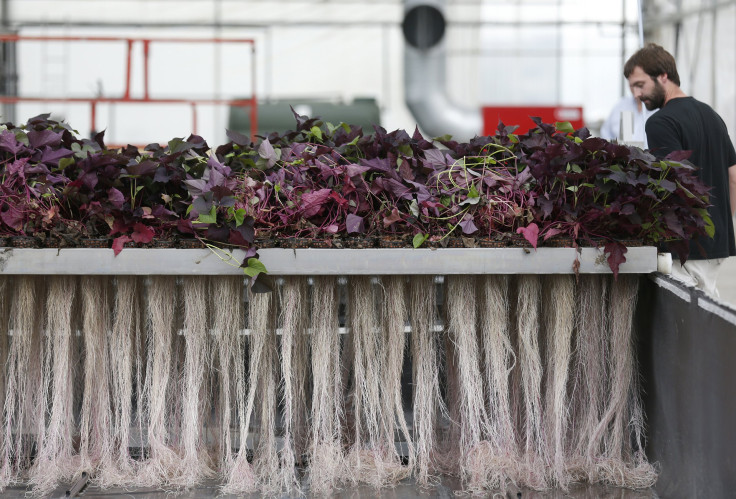West Africa's ancient farming technique adds magic touch to climate change mitigation

A 700-year-old farming technique that was practised by villagers in West Africa could well be the answer to combating climate change and revolutionising farming across Africa. This centuries old technique converts nutrient-poor rainforest soil into fertile farmland. It may reduce food shortages in some of the poorest regions on Earth.
An international team of researchers, led by University of Sussex, believe that this technique can be applied to farmlands across Africa. The international also included soil scientists and anthropologists from Institute of Development Studies, Aarhus Universities, Accra and Cornell. These experts have for the first time identified and analysed rich fertile soils in Ghana and Liberia.
The researchers discovered that the ancient West African farming method added kitchen waste and charcoal to nutrient-poor, highly weathered tropical soil. This trick transformed the land into carbon-rich, fertile black soils that the researchers have dubbed “African Dark Earths.”
The scientists, after analysing 27 sites in Ghana and 150 sites in northwest Liberia found that the highly fertile soils contained 200-300 percent more organic carbon that other soils. This soil was capable of supporting far more intensive farming.
The study “Indigenous African soil enrichment as a climate-smart sustainable agriculture alternative,” published in the journal Frontiers in Ecology and Environment, was funded by the Economic and Social Research Council.
“Mimicking this ancient method has the potential to transform the lives of thousands of people living in some of the most poverty and hunger stricken regions in Africa. More work needs to be done but this simple, effective farming practice could be an answer to major global challenges such as developing ‘climate smart’ agricultural systems which can feed growing populations and adapt to climate change,” University of Sussex professor, James Fairhead, said in a statement.
According to lead author, Dr Dawit Solomon from Cornell University, the surprising thing is that in both Amazonia and Africa, two different communities, living in completely different parts of the world achieved something that modern-day agricultural practises could not achieve.
“The discovery of this indigenous climate smart soil-management practice is extremely timely. This valuable strategy to improve soil fertility while also contributing to climate change mitigation and adaptation in Africa could become an important component of the global climate smart agricultural management strategy to achieve food security,” Solomon added.





















